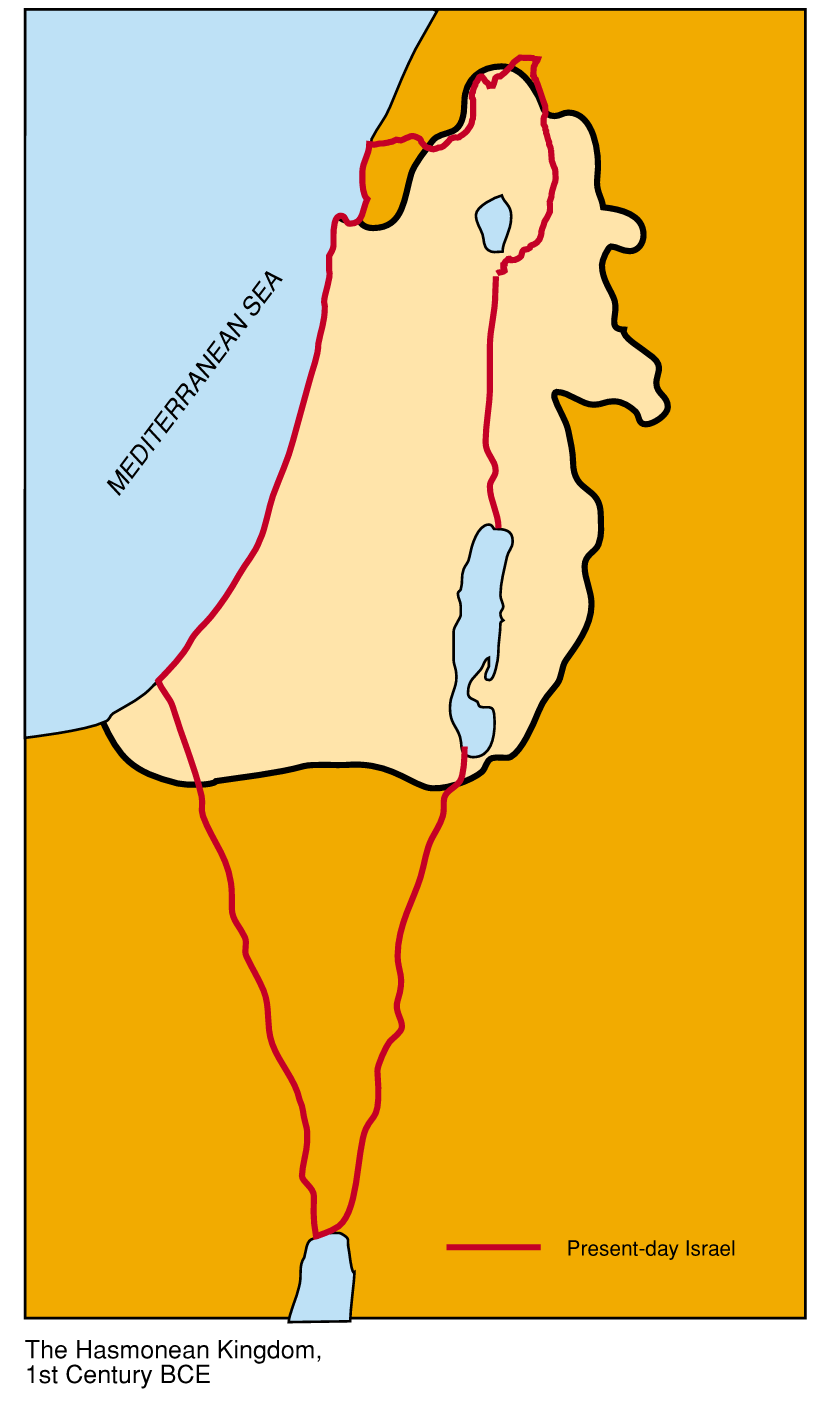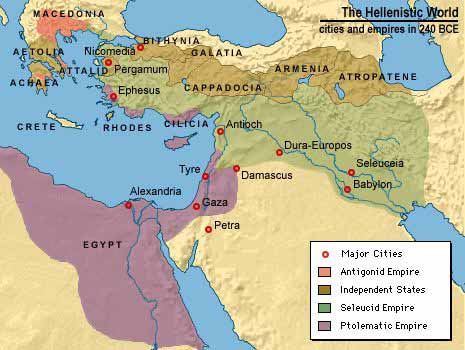Originally posted by astibo
View Post
Heorotus refers to two brothers from Argos,Cleobis and Biton as "γένος Αργείοισι",ι.e. "of Argive stock" (load the Greek text)
A Coan woman (from Cos island) says she is "γένος Κώη",i.e. Coan by birth:
The inhabitants of Croton are "γένος Αχαιοί",i.e. Achaeans by birth
Periclitus of Lesbos is described as "γένος Λέσβιον",i.e. Lesbian by birth
Thamyras the Thracian,was "τὸ γένος Θρᾷκα",i.e. of Thracian extraction
Originally posted by astibo
View Post
Originally posted by astibo
View Post
"Macedonians were disappointed and embarrassed by the outcome of the match, particularly since their defeat occurred in front of recently conquered Persian prisoners. Alexander's disfavor was noted by the Macedonians who conspired to embarrass Dioxippus, by putting a golden cup underneath his pillow and accusing him of theft. Dioxippus felt this dishonor deeply. Realizing the Macedonians had framed him, he wrote a letter to Alexander describing the conspiracy, then committed suicide by falling on his sword"
However Cleitarchus was a very unreliable source,renowned for his invented stories:
Originally posted by astibo
View Post
Had his father really been an Athenian he also would enjoy all the rights of an Athenian citizen,regardless of his mother's origin and consequently he would be refered to as Athenian instead of Macedonian by all sources.
Originally posted by astibo
View Post
Note also that Demosthenes was accused by many people of having being bribed by Persians:
Originally posted by astibo
View Post
Originally posted by astibo
View Post
After all,are there any Thracian,Illyrian or Paeonian royal families that claimed Greek origin?The answer is definitely no.
Originally posted by astibo
View Post
Originally posted by astibo
View Post
[337]δειχθείσης δ᾽ αὐτῷ τῆς Δανιήλου βίβλου, ἐν ᾗ τινα τῶν Ἑλλήνων καταλύσειν τὴν Περσῶν ἀρχὴν ἐδήλου
"And when the Book of Daniel was showed him 1 wherein Daniel declared that one of the Greeks should destroy the empire of the Persians, he supposed that himself was the person intended"
Look also what else Jews themselves write:
Originally posted by astibo
View Post
"καὶ τι καὶ τοῖς γένεσι τῷ τε Ἑλληνικῷ καὶ τῷ Μακεδονικῷ φιλοτιμίας ἐνέπεσεν ἐς άλλήλους"
However there isn't any word meaning "rivalry",let alone "old".The word "φιλοτιμία" is not properly translated as "rivalry" while its actual meaning is "love of honour" or "sense of personal honour".A much better translation is in this book:
"and then happened a strife between the Grecians and the Macedonians,concerning the honour of their respective nations".
Off course the distinction between Greeks and Macedonians is solely for the purpose of the description of the battle,on one side Macedonians and on the other Greek mercenaries in Persian service.I've already shown in other posts how common was among ancient authors such separation between a force of "united Greeks" consisting of different tribes and a certain Greek tribe,i.e. Greeks vs Athenians,Greeks vs Thebans,Greeks vs Spartans.Even the word "nation" (γένος in Greek) doesn't imply different ethnicities.The word genos could have in Greek the meanings of "tribe","clan" and not only "nation" or "race" in modern sense. Aristotle's view on that is very clear:
The term "genus" or "race" is used: (a) When there is a continuous generation of things of the same type; e.g., "as long as the human race exists" means "as long as the generation of human beings is continuous." (b) Of anything from which things derive their being as the prime mover of them into being. Thus some are called Hellenes by race, and others Ionians, because some have Hellen and others Ion as their first ancestor.(Races are called after the male ancestor rather than after the material.
If you prefer it in Greek:
οὕτω γὰρ λέγονται Ἕλληνες τὸ γένος οἱ δὲ Ἴωνες, τῷ οἱ μὲν ἀπὸ Ἕλληνος οἱ δὲ ἀπὸ Ἴωνος εἶναι πρώτου γεννήσαντος:












Comment